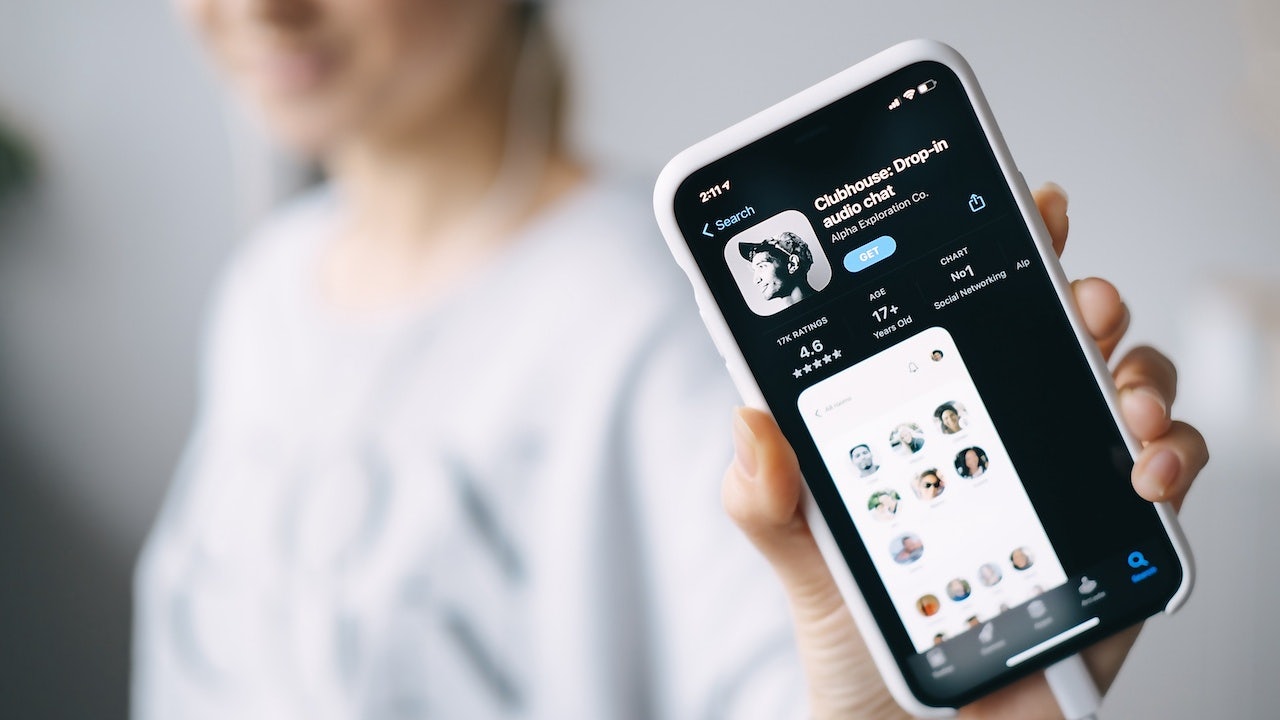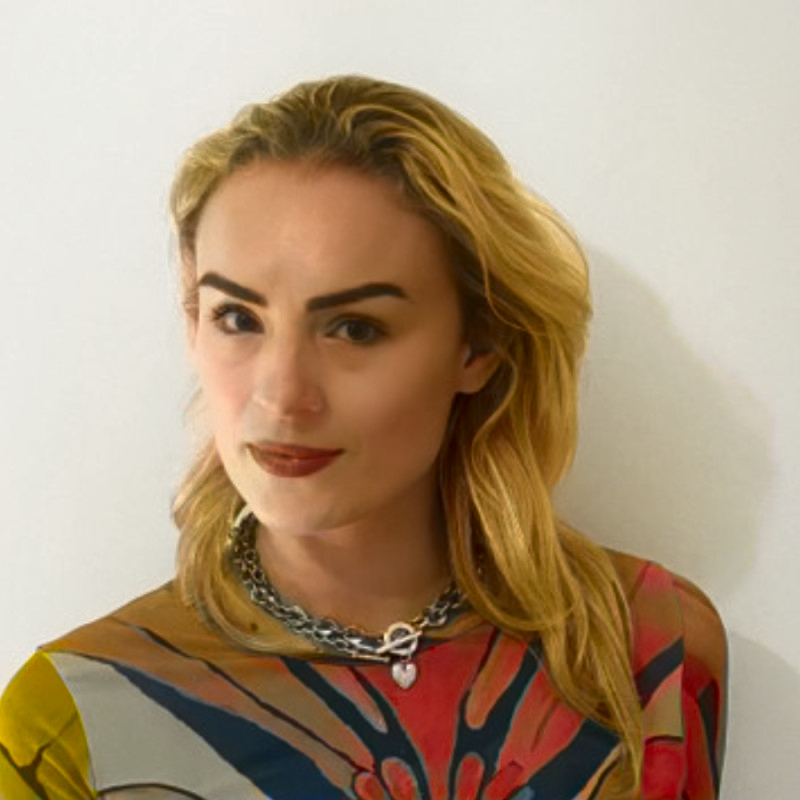Only a year old, the invite-only audio app Clubhouse has become the most buzzed-about social media platform to appear since TikTok, with recent fundraising discussions valuing the startup at around $4 billion (four times its January 2021 valuation).
Its launch during the early days of the global coronavirus pandemic — when just about everyone, famous or not, was sheltering in place at home — fueled Clubhouse’s meteoric rise, satisfying needs for live human interaction without having to be Zoom camera-ready, while giving members access to participate in conversations with luminaries such as Elon Musk, Oprah Winfrey, and Virgil Abloh.
In February 2021, the app even enjoyed a brief frenzy in China before being banned for breaching government regulations. Yet its global success has triggered a flood of copycat contenders, from Facebook, Twitter, and LinkedIn in the West to the more than 100 teams in China developing audio-based social media apps, according to Chinese consultancy iiMedia Research.
Unlike leading social media apps like TikTok, Instagram, Twitter and Facebook, Clubhouse currently has zero advertising apart from the odd brand mascot used by members in conversations, and its influencers (aka moderators, in Clubhouse terms) are only just starting to look at monetization, whether through the new in-app payments feature, an accelerator program, or third-party efforts such as the startup Clubmarket, which helps to develop brand sponsorship opportunities for moderators.
On Clubhouse, brands can either use their own voices or pay for someone else’s. Hard selling is a collectively agreed-upon no-no, and certain users have been reported for promoting multi-level marketing schemes disguised as financial advice. In short, the most beneficial strategy is to view the platform as a content marketing tool.
That’s been the approach taken by Italian fashion label The Attico, whose founders established a Clubhouse room to discuss their latest capsule collection, as well as by footwear designer Giuseppe Zanotti, who hosted two conversations during Milan Fashion Week tied to his Fall 2021 collection. American designer Norma Kamali also participated in a conversation on brand-building as part of the promotion for her new book, I Am Invincible.
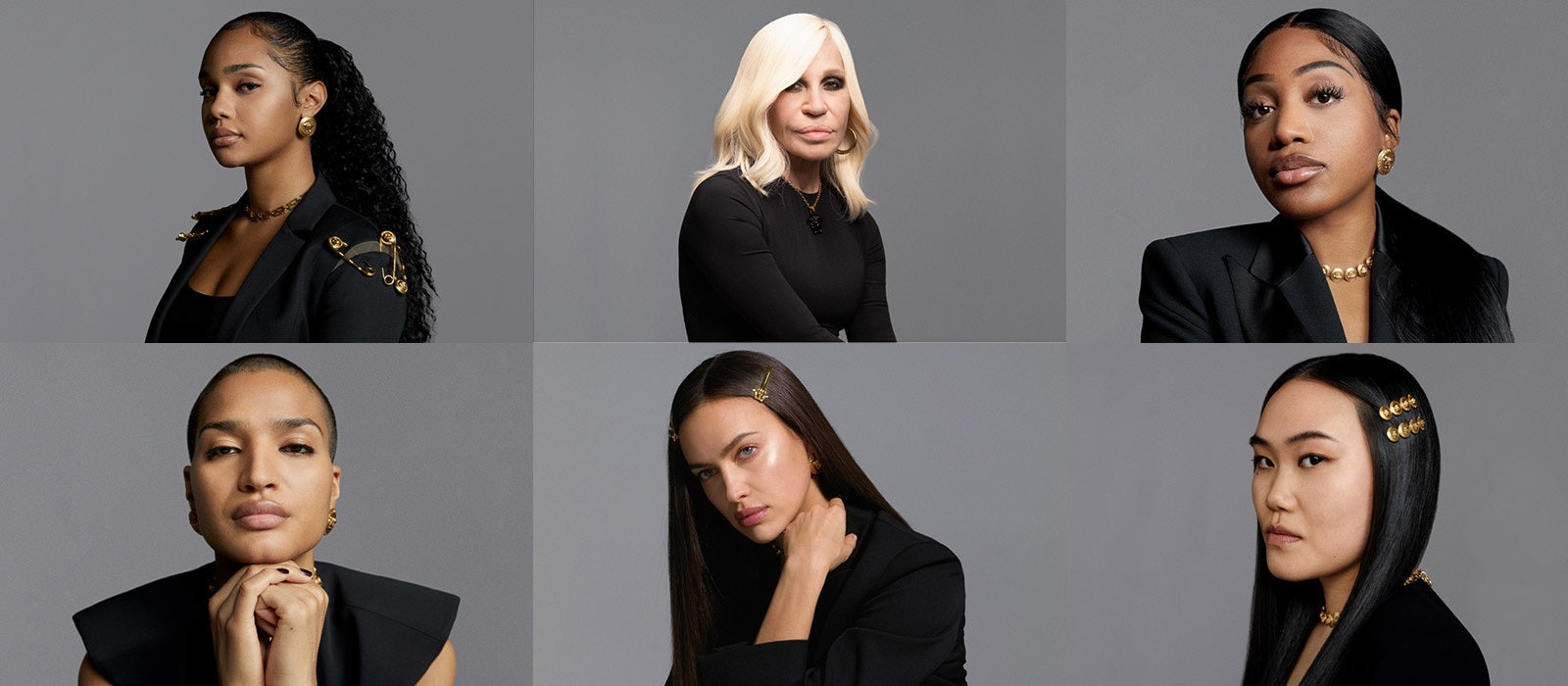
Versace is perhaps the biggest luxury brand to incorporate the app into a major campaign, with the upcoming second part of its Medusa Power Talks slated to take place live on Clubhouse, a shift away from the other social media platforms that hosted the first set of pre-recorded discussions with Donatella Versace and guests including Irina Shayk, Precious Lee, and Indya Moore sharing their definitions of “power.”
Several other luxury brands have established a more regular presence on Clubhouse with weekly discussions. Premium watch label Breitling hosts #squadtalks on Thursdays, covering a broad range of topics of interest to its target consumer audience, from aviation to bitcoin. British retailer Ted Baker holds a Conversations in Culture series on Wednesdays hosted by Abraxas, one of the app’s top moderators. In an unusual move, Ted Baker’s conversations are recorded for release as podcast episodes via Spotify and Apple, giving them a potentially larger audience among those who are not yet on Clubhouse or who may have missed the live discussion.
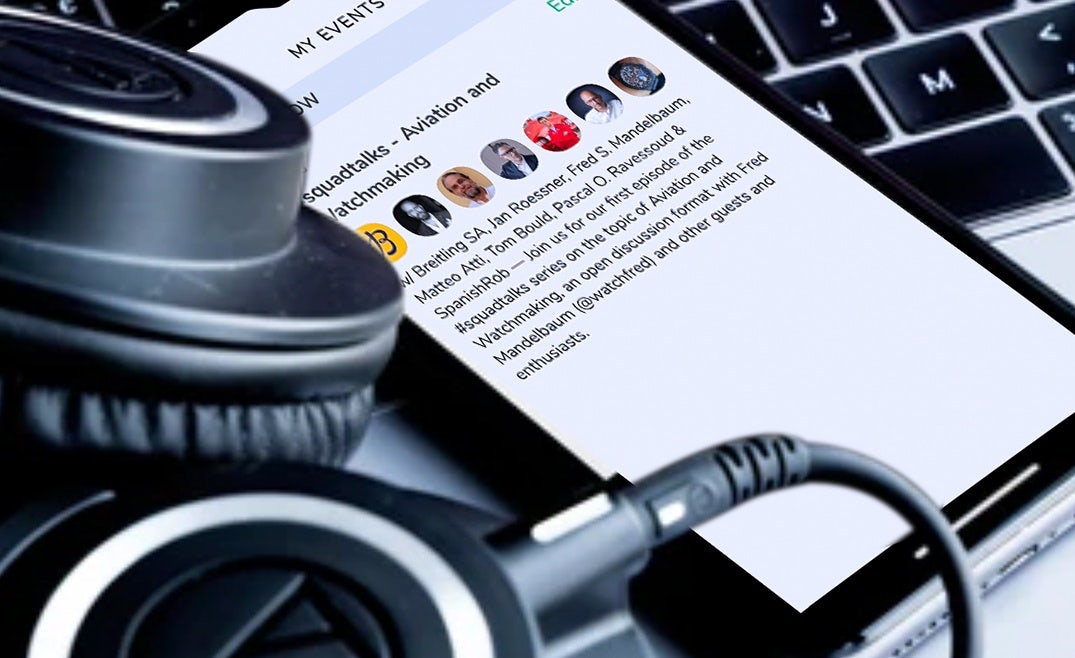
While these well-known luxury brands appear to be striding confidently into the Clubhouse arena, many large corporations continue to be cautious, according to Ben Dietz, co-founder of the popular Culture Club Show on Clubhouse (33.7K followers), who notes that emerging brands have been most engaged in using the platform to gain exposure.
The Culture Club Show coverage of trends in style, music, art, and social movements has drawn interest from brands, spurring Dietz and his co-founders to create their Annex series as a bridge between brands and Clubhouse content.
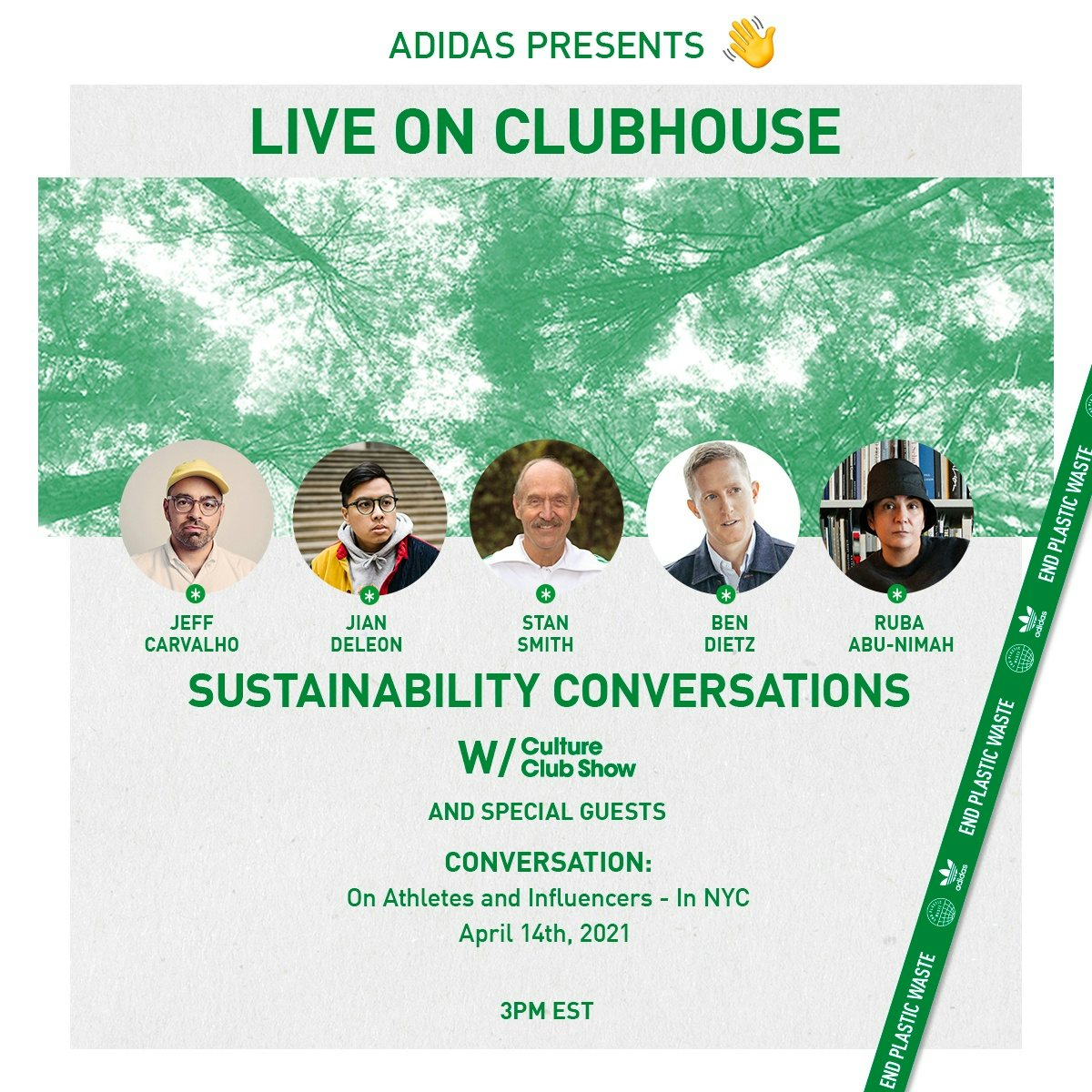
“The sustainability series we did with support from Adidas is a good example of how we want to do [the Annex shows] going forward,” said Dietz. “We bring the talent from our personal networks and we dig into themes pertinent to the brand, whereas our regular CC Show on Wednesday nights is more free-form, and often involves members of the audience we don’t know.”
No other social media platform enables such spontaneous, authentic and progressive conversations, and brands that appear in well-moderated rooms with compelling content can thus gain valuable cultural capital from active participation.
London-based communications agency Battenhall recently hired its own senior Clubhouse manager, Nicole Mezzasalma, to advise companies and brands on how to use the platform (and audio-based social media more generally) as a part of their overall marketing strategy — whether that involves building relevant communities through clubs or identifying key influencers to support branded events.
Mezzasalma emphasizes that Clubhouse may not be for everyone, since the platform requires a commitment from brands to build their profiles by contributing insights and expertise that can add value to conversations. “An important element is the time they can dedicate to it,” she said. “Unlike other social platforms, you need to really be there for an hour or more at a time to participate in conversations, and building an audience and engagement will also take time.”
Compared to the big social media players, Clubhouse is firmly in the early stages, with just under 13 million downloads worldwide in its first year, and is still only available for iOS devices. But as more people receive Clubhouse invites and the app gains additional mainstream attention, luxury fashion won’t be able to ignore Clubhouse as an avenue for both telling brand stories and evolving their level of inclusivity.
Dietz thinks the greatest potential lies beyond content marketing. “I’d love to see fashion brands plan a next capsule collection’s theme in an open forum – they’d be educating potential partners to their process along the way,” he said. “And I don’t think any brand has used Clubhouse to take pre-orders live yet. I’m not sure how that could work, but I’m sure it’s possible, and would be a cool story.”
